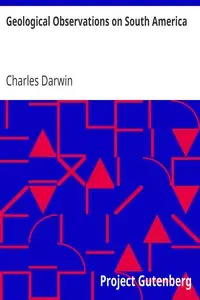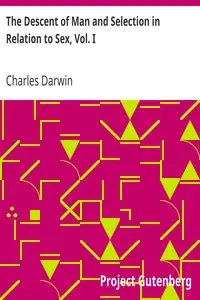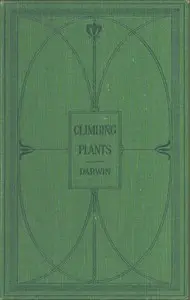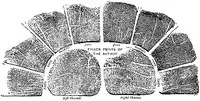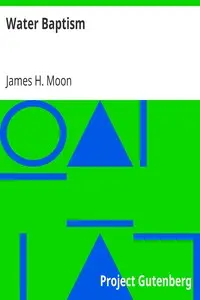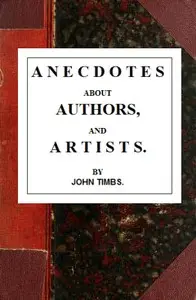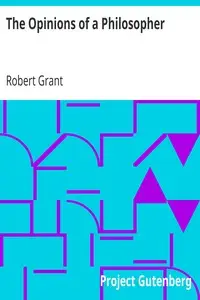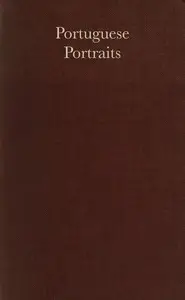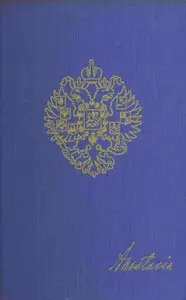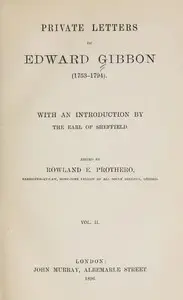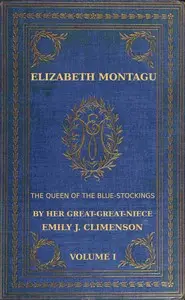"More Letters of Charles Darwin — Volume 2" by Charles Darwin is a scientific publication compiled during the late 19th century. This collection includes previously unpublished letters written by Darwin, showcasing his thoughts and discussions on various aspects of natural history, botany, and geographical distribution. The content reflects Darwin's ongoing correspondence with contemporaries such as Sir Joseph Hooker, discussing ideas that contributed to the development of evolutionary theory and plant distribution. At the start of the volume, the correspondence reveals Darwin's intricate engagement with botanical observations and theories regarding geographical distribution among plants and animals. In the letters, Darwin exchanges ideas with other scientists, shares findings about plant species in isolated regions, and critiques previous works, showing his meticulous attention to detail and keen analytical mind. These discussions underscore the collaborative nature of scientific inquiry in Darwin's time and the importance of correspondence in exchanging ideas that would shape future scientific understanding. (This is an automatically generated summary.)

More Letters of Charles Darwin — Volume 2 A Record of His Work in a Series of Hitherto Unpublished Letters
By Charles Darwin
"More Letters of Charles Darwin — Volume 2" by Charles Darwin is a scientific publication compiled during the late 19th century. This collection inclu...
Charles Robert Darwin was an English naturalist, geologist, and biologist, widely known for his contributions to evolutionary biology. His proposition that all species of life have descended from a common ancestor is now generally accepted and considered a fundamental scientific concept. In a joint publication with Alfred Russel Wallace, he introduced his scientific theory that this branching pattern of evolution resulted from a process he called natural selection, in which the struggle for existence has a similar effect to the artificial selection involved in selective breeding. Darwin has been described as one of the most influential figures in human history and was honoured by burial in Westminster Abbey.



